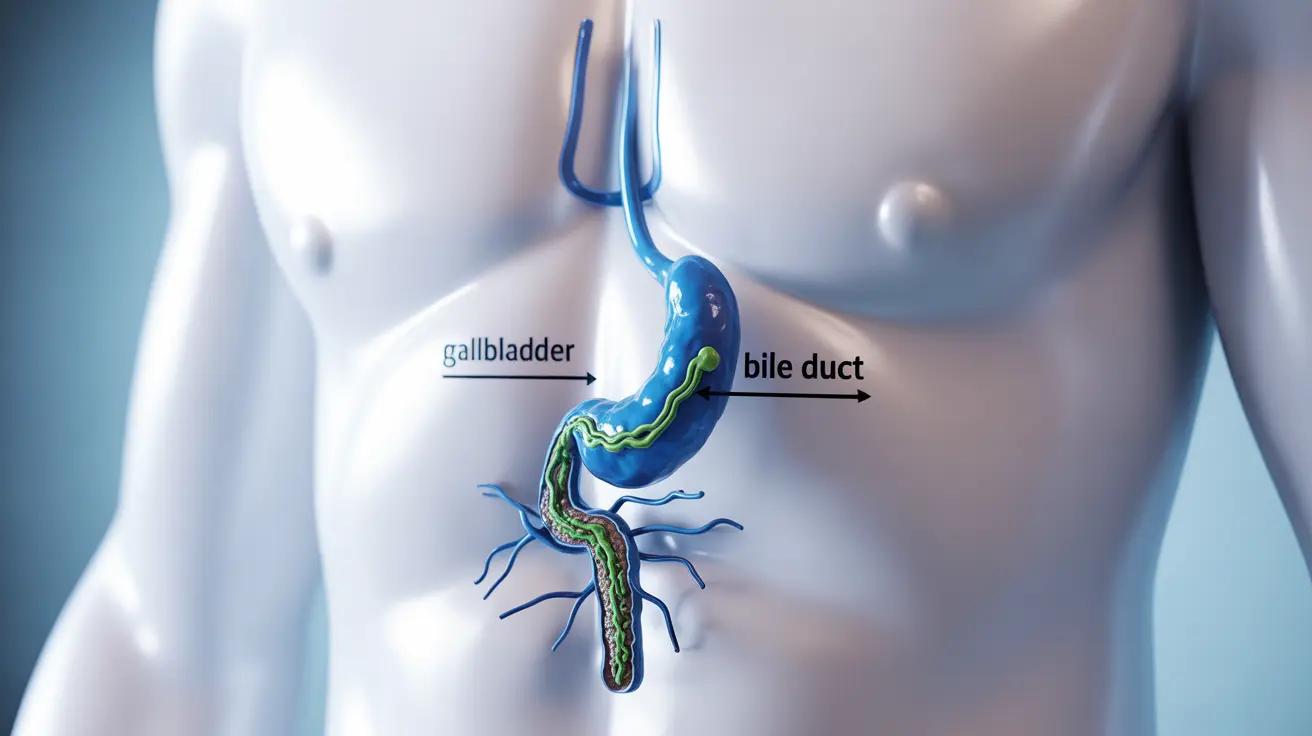Many people experience both gallbladder problems and constipation, leading to questions about whether these conditions are related. Understanding the connection between gallstones and constipation is crucial for managing digestive health effectively and knowing when to seek medical attention.
This comprehensive guide explores the relationship between gallbladder issues and bowel movements, helping you recognize important symptoms and understand when medical intervention may be necessary.
The Relationship Between Gallstones and Digestive Function
The gallbladder plays a vital role in digestion by storing and releasing bile, which helps break down fats in the small intestine. When gallstones develop, they can interfere with this normal process, potentially affecting overall digestive function and bowel movements.
While gallstones don't directly cause constipation in most cases, the connection between these conditions often relates to shared risk factors and lifestyle habits that can affect both gallbladder health and bowel regularity.
Common Symptoms and Warning Signs
When experiencing gallbladder issues that may affect bowel movements, watch for these key symptoms:
- Pain in the upper right abdomen
- Nausea and vomiting
- Bloating and gas
- Changes in bowel movements
- Intolerance to fatty foods
- Unexplained indigestion
Impact of Gallbladder Dysfunction on Bowel Movements
Gallbladder dysfunction can affect digestion in several ways. When bile flow is compromised due to gallstones or other gallbladder problems, it may lead to:
- Difficulty digesting fatty foods
- Changes in stool consistency
- Irregular bowel movements
- Increased gas and bloating
- Digestive discomfort
Post-Cholecystectomy Effects on Digestion
After gallbladder removal (cholecystectomy), some people may experience changes in their bowel habits. This occurs because the body must adjust to the continuous flow of bile directly from the liver, rather than the regulated release previously controlled by the gallbladder.
These changes typically resolve within a few weeks to months as the body adapts to its new digestive process. However, some individuals may need to make dietary modifications to maintain regular bowel movements.
Prevention and Management Strategies
To help maintain healthy digestion and prevent complications, consider these approaches:
- Maintain a balanced, high-fiber diet
- Stay properly hydrated
- Exercise regularly
- Eat smaller, more frequent meals
- Limit fatty and processed foods
- Follow a consistent eating schedule
When to Seek Medical Care
It's important to consult a healthcare provider if you experience:
- Severe abdominal pain
- Persistent constipation
- Chronic digestive issues
- Unexplained changes in bowel habits
- Yellowing of the skin or eyes
- Dark urine or light-colored stools
Frequently Asked Questions
Can gallstones cause constipation or bowel obstruction? While gallstones rarely cause constipation directly, they can contribute to digestive issues that may affect bowel movements. In rare cases, large gallstones may cause bowel obstruction if they pass into the intestinal tract.
How does gallbladder dysfunction affect digestion and bowel movements? Gallbladder dysfunction can impact the release of bile, which is essential for fat digestion. This may lead to changes in digestion efficiency and potentially affect bowel movement regularity.
What are the common symptoms of gallbladder problems related to constipation? Common symptoms include upper right abdominal pain, bloating, nausea, changes in bowel movements, and difficulty digesting fatty foods.
Why do some people experience constipation after gallbladder removal? Post-gallbladder removal constipation can occur as the body adjusts to changes in bile flow. The continuous release of bile directly from the liver may temporarily affect digestive patterns.
When should I see a doctor if I have constipation and suspect gallbladder issues? Seek medical attention if you experience severe abdominal pain, persistent constipation, significant changes in bowel habits, or any signs of jaundice.




